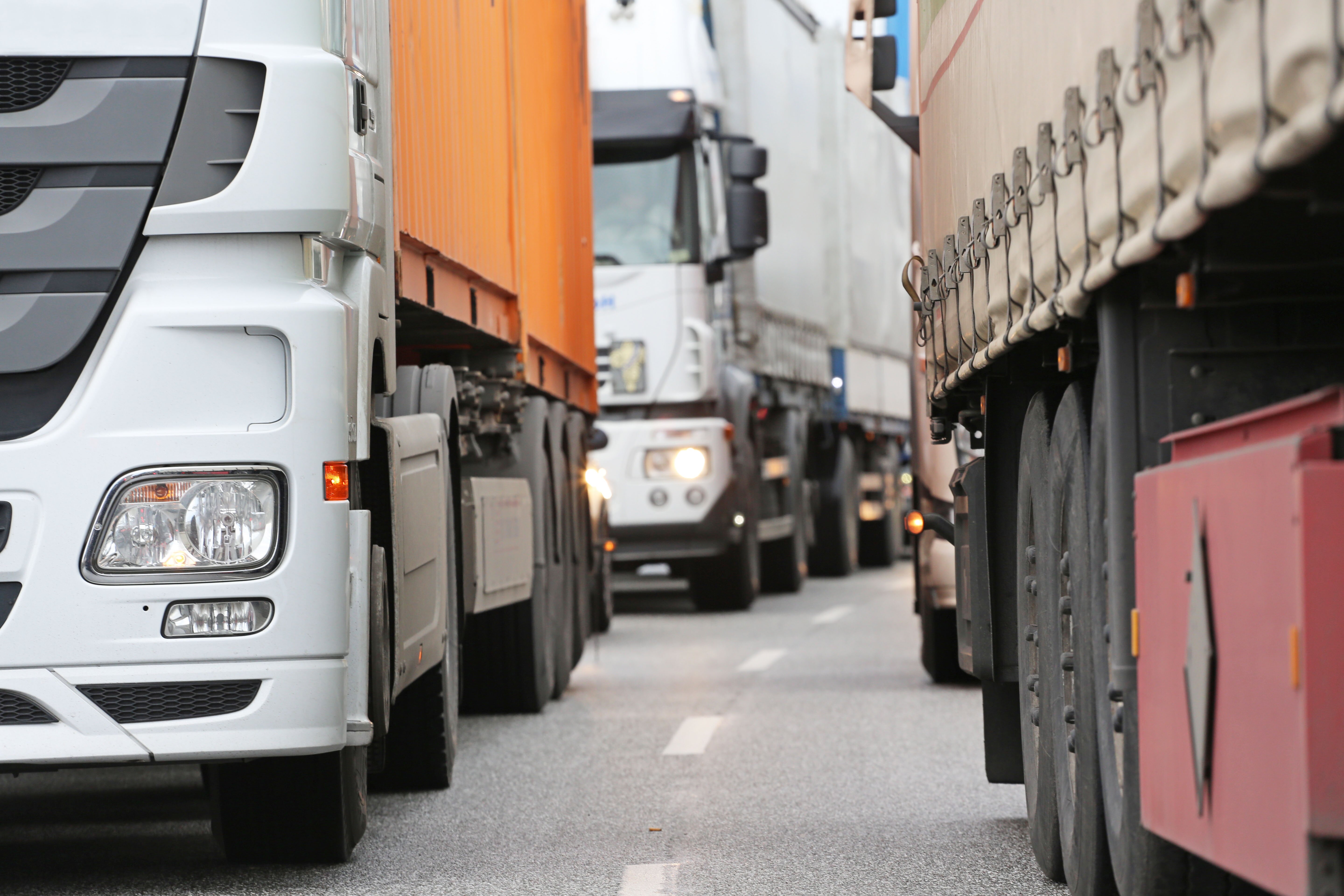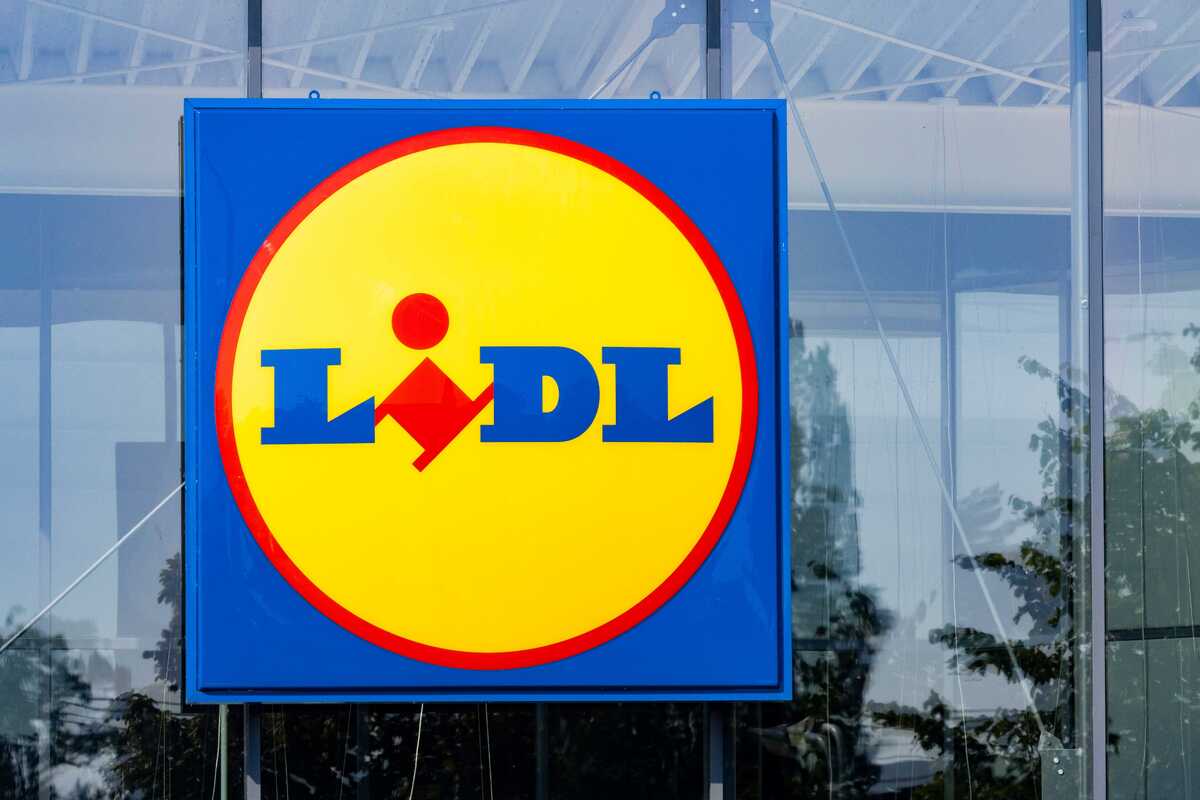Shipping equipment becoming economically unviable, warns FEA
The Foodservice Equipment Association (FEA) is warning that some of its members’ import/export transport costs have tripled with Brexit.
One member reported that it would cost £85 to ship a single unit, valued at £600 – making the transaction unviable. Typically the extra cost is £100 per load, whether for single or multiple pallets.
Suppliers must also pay commodity codes, priced at £7.50 each after the first three, which are free. A typical foodservice equipment load can have around 25 different products, equating to £165 in fees.
Bottlenecks and logjams are also causing further issues, with stock held up in distribution hubs and at borders.
“It’s to be hoped that as things settle down, crossing the borders will speed up,” said Keith Warren, chief executive of FEA. “However, even if it does, those extra shipping costs are a big concern. They are yet another blow to the foodservice equipment industry.”
The problems are more acute when it comes to Northern Ireland, with further expensive fees and convoluted paperwork.
“We’ve heard of hauliers holding back from accepting foodservice equipment shipments, because they can’t deliver them due to the backlogs,” added Warren.
A FEA member reported that before Brexit, they could contact a haulier and be offered a pick-up and delivery date. Now they must fill in customs forms for pre-checking before receiving a delivery date. Two of the three companies they regularly use are not accepting orders, as distribution hubs are filled with goods destined for the UK without clearance.
In addition, lead times from outside the EU have increased – those from China have risen from 2-4 weeks to up to 12 weeks. Manufacturers are also contending with a shortage of stainless steel.
“Manufacturers, importers, dealers, design houses – we are all under huge pressure. Credit ratings are being downgraded everywhere, credit insurance is becoming more difficult to get, and despite concerted lobbying by FEA and many other groups, such as UKHospitality, the government is still not giving the supply chain the support it needs,” commented Warren. “It’s a situation that must be addressed immediately, and it’s likely to get worse before it gets better.”















